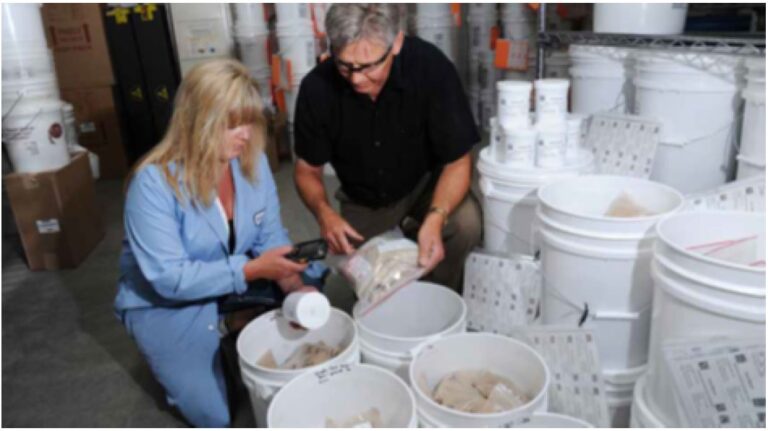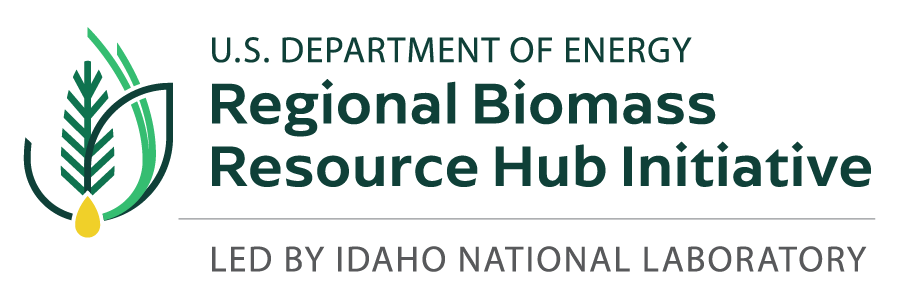Description
The Bioenergy Feedstock Library (BFL) is an extensive collection of data on biomass feedstock characteristics compiled in an easy-to-access central repository. One of the objectives of the BFL is to support better understanding of how variability in biomass characteristics can affect everything from harvest to conversion. Bioenergy Feedstock Library fills this need by providing an organized, secure resource for biomass feedstock information. Experts at the Biomass Feedstock National User Facility (BFNUF) compile biomass characteristics, such as ash content or composition, in an easy-to access digital database. The library is fast becoming the most comprehensive, actively managed database of its kind, with sample data for more than 100,000 biomass samples and bioenergy characterization data for more than 30,000 samples. The library is a living archive continuously updated with new tools and feedstock samples. It is designed to help researchers and industry evaluate feedstock quality characteristics and formulation.
Capability Bounds
The BFL contains primarily samples and data focusing on post-harvested biomass through conversion ready feedstocks; however, the BFL can be used to store conversion process intermediates as necessary.
Unique Aspects
The BFL is more than a storage facility for feedstock information; it’s a secure data repository for bioenergy projects providing samples and data management tools. The BFL also tracks extensive parent-child hierarchical relationships to follow samples through harvesting, preprocessing, and conversion unit operations. Additionally, the BFL also provides data along with samples to researchers through its web-based system.
Availability
The BFL is a publicly available resource. Registering for an account is free.
Benefit
The BFL is designed to support research and development that can help solve challenges associated with biomass variability. Problems resulting from biomass variability range from microbial degradation in storage and plugged conversion processing equipment to potential health hazards and incomplete conversion—all of which increase conversion costs for biofuel and bioenergy producers.
Capability Expert(s)
Rachel Emerson, Robert Kinoshita, Marnie Cortez, Amber Hoover

References
INL Bioenergy Feedstock Library (opens in new window)
R.M. Emerson, M.M. Cortez, R.A. Kinoshita, & A.N. Hoover, Bioenergy Feedstock Library Annual Summary Report – 2022 (PDF, 930KB). United States. (2022).
